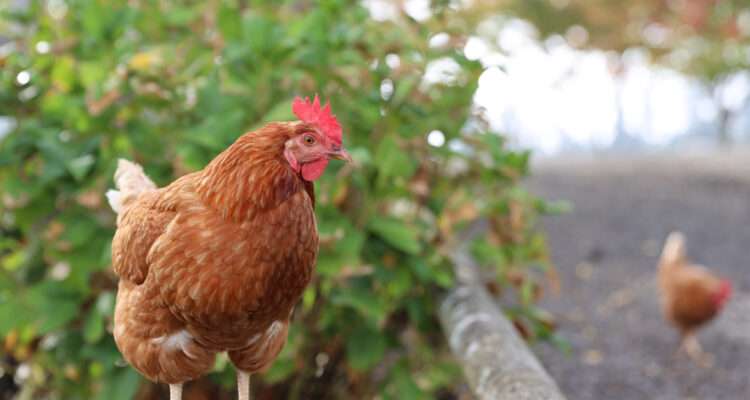When it comes to choosing chickens, whether for eggs or meat, the way they are raised plays a significant role in their nutritional value, taste, and overall impact on the environment. Pasture-raised chickens are increasingly recognized as the best poultry-raising method. Let’s take a closer look at why the pasture-raised chicken stands out and the benefits they offer.
What Does “Pasture-Raised” Mean?
Pasture-raised chickens can roam freely in a pasture instead of being confined in small cages or overcrowded barns. These chickens spend most of their time outdoors, foraging for a natural diet that includes grass, insects, and grains. This method of poultry farming is not only more humane but also leads to healthier and tastier chickens.
The Difference Between Other Farming Methods
Unlike factory-farmed chickens, pasture-raised chickens have ample space to move, which contributes to better physical health and less stress. They are not subjected to the harsh conditions of industrial farming, like being fed antibiotics or growth hormones. This natural lifestyle significantly differentiates pasture-raised chickens from their conventionally raised counterparts.
Nutritional Benefits
Richer in Nutrients
- Pasture-raised chickens offer superior nutritional benefits. Their eggs are often higher in omega-3 fatty acids, vitamin E, and vitamin A, thanks to their diverse diet. The meat of these chickens also tends to have a better nutritional profile, with more omega-3s and less saturated fat than conventionally raised chickens.
Better Taste and Texture
- Many people find that pasture-raised chicken has a richer, more robust flavor. The varied diet and active lifestyle of these chickens contribute to the enhanced taste and improved texture of both their meat and eggs.
Environmental and Ethical Considerations
Supporting Sustainable Practices
- Pasture-raised chicken farming is more sustainable and environmentally friendly. This method reduces the need for artificial feeds and promotes a natural ecological cycle where chickens contribute to soil health through their manure and help control pests by eating insects.
Ethical Treatment of Animals
- Choosing pasture-raised chickens also supports the ethical treatment of animals. These chickens live in a more natural and less stressful environment, which is a stark contrast to the cramped and unnatural conditions in factory farms.
Economic Impact
Supporting Local Farmers
- Buying pasture-raised chickens often means supporting local farmers and small-scale operations. These farmers are more likely to use humane and sustainable practices, contributing to local economies and communities.
Consideration of Cost
- It’s important to note that pasture-raised chickens can be more expensive than conventionally raised ones. This price difference is due to the higher cost of ethical farming practices and the fact that pasture-raised chickens grow naturally, without growth hormones or antibiotics.
Choosing pasture-raised chickens is a decision that benefits not just our health but also animal welfare and the environment. While it might come at a higher cost, the advantages of better nutritional value, superior taste, ethical animal treatment, and support for sustainable farming practices make it worth the extra expense. As consumers become more conscious of where their food comes from and its impact, pasture-raised chickens emerge as the clear frontrunner in the world of poultry farming.


